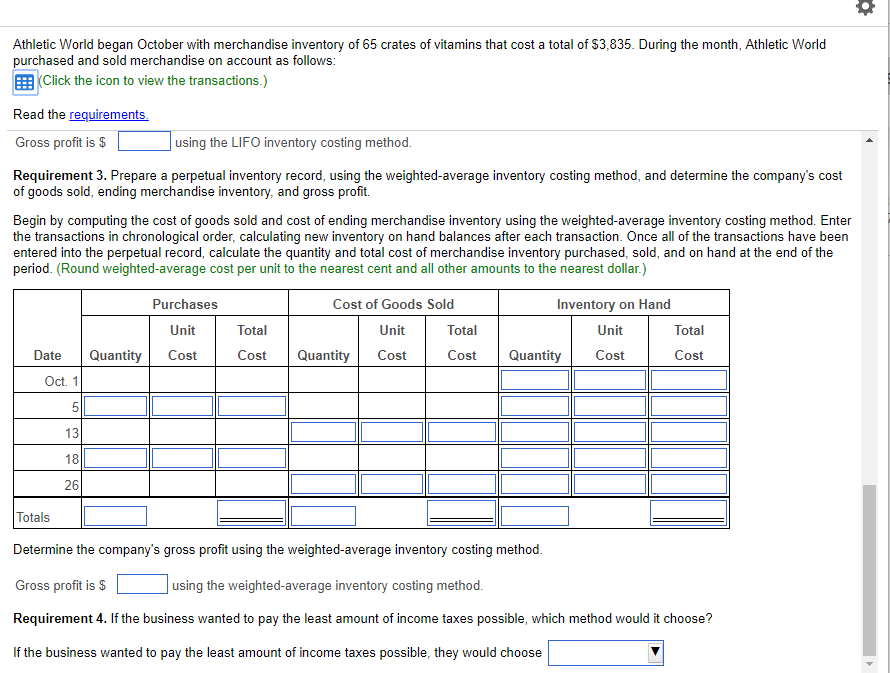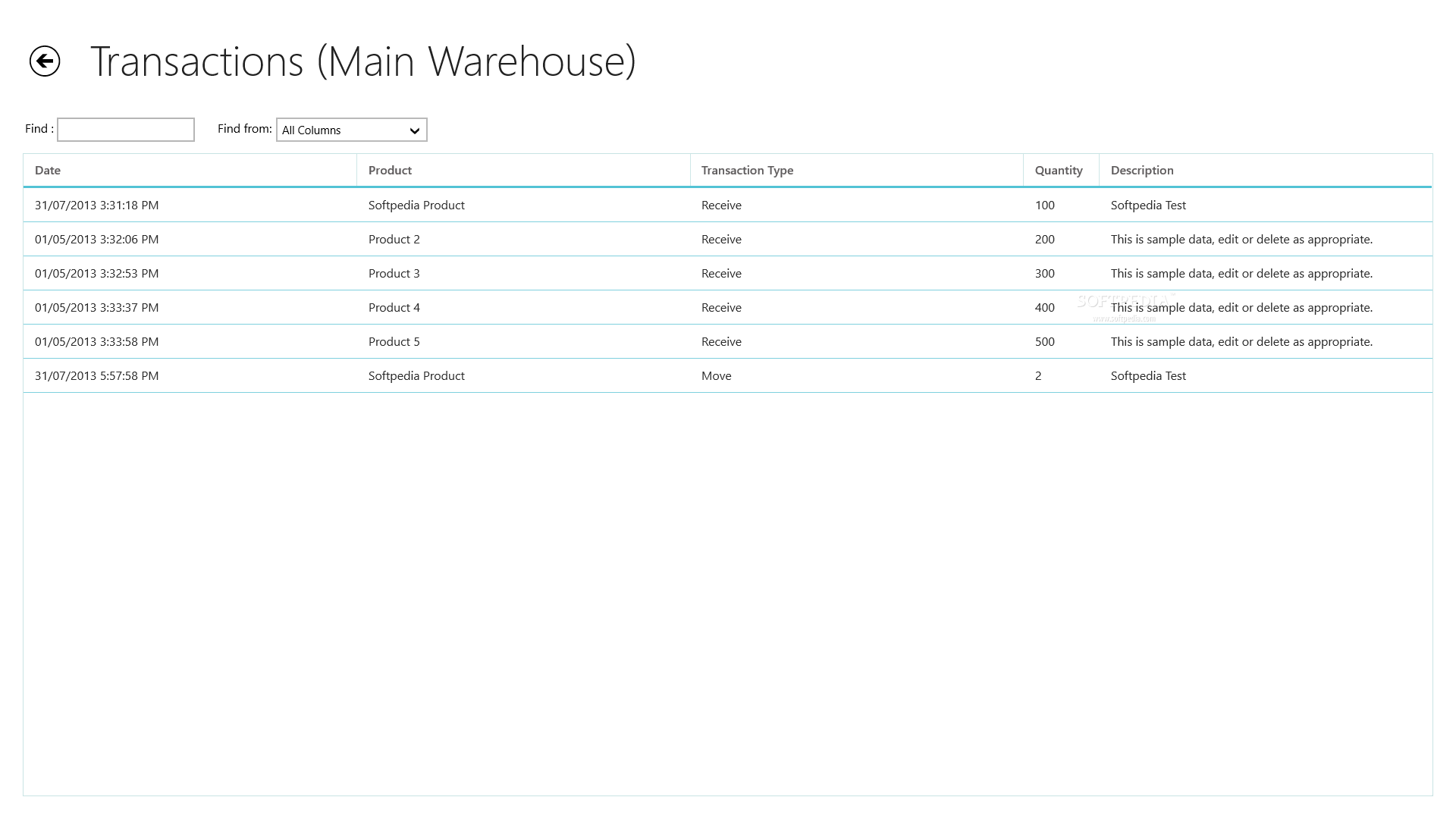

Now for the cash discussion which has nothing to do with the write down. After all, a company cannot go on for long paying a $2.52 dividend when ongoing earnings are $1.10.

In BP’s case the remedy, unattractive in either case, is either sell more stock to the public at currently depressed equity prices or substantially reduce their common stock dividend as did Royal Dutch Shell. Stated simply risky businesses should employ less leverage while the capital structures of low risk businesses can do the opposite and be heavily levered. Business risk and financial can be viewed as inverse correlates-the more you have of one the less you should have of the other. We believe BP’s management will strive to reduce the debt ratios or leverage for a simple reason. Bond investors might require a higher interest rate before lending more to BP. This reflects what we might call the paradox of corporate credit: the more you use it, the less you have.ĭoing a rough calculation, we believe that BP’s debt ratio will rise from 53% to 58%. That want as much equity cushion as possible to protect their position. They prefer a low ratio of debt to equity. Fixed income investors often measure risk by the debt ratio, that is long term debt as a percentage of total capitalization. Less equity necessarily means a higher debt ratio, a more heavily levered entity and a possibly new downgrade candidate for bond rating agencies. Those earnings losses, after tax, also flow through financial statements subtracting from the corporation’s equity account on its balance sheet. Write offs that generate large losses on a corporate income statement also negatively effect balance sheet ratios.

Related: The Oil & Gas Sector Could Already Be In Terminal Decline In BP’s case an asset write down will substantially improve reported future earnings although not the cash that comes in. Certain “dependent” managements find they need a big write downs just about every year, in which case the extraordinary (from an accounting perspective) starts to look rather ordinary. What begins innocently enough can transform into crippling dependence. In addition, as underperforming assets are eliminated in a write off, forward earnings can improve unburdened by the cumulation of impaired assets and expenses.Īs an aside we should point out that write offs bear a remote semblance to substance abuse. As we said investors are focused on forward earnings and growth. But since these occurrences are infrequent and considered one time events Wall Street’s equity analysts tend to ignore the implications. This charge is typically a large expense item that flows through the corporate income statement often producing an out sized negative earnings result or loss. Managements can lump together all the incorrectly valued assets on their books into one bundle which, at the time of their choosing becomes a one time charge. So why should this all matter?įor starters, asset write downs often perform a cosmetic or “kitchen sink” type of function. Stocks are priced based on future earnings and growth prospects. As our readers know equity investors are forward looking. All the money or value altered here reflects cumulative investments made in prior years. And if necessary write down asset valuations to a level reflecting current and near future market prices. Accounting conventions, even by the relaxed standards of the current era, require management’s to revalue assets in light of dramatically revised expectations. Mr Looney’s comment sounds like the carefully crafted words of a financial PR pro, cloaking financial necessity in a veil of green.īP’s actions reflect senior management’s view that essentially oil and gas prices will remain “lower for longer” and that prospective demand may remain anemic. Nor did the corporation’s assets or liabilities change physically or financially. This is simply a change in accounting assumptions reflecting that global demand for energy products has declined significantly due to the current pandemic and the rate at which product demand returns to normal remains unclear.īP’s CEO, Bernard Looney, stated these measures would “better enable us to compete through the energy transition.” But as we said no cash outlays or write offs were involved. Even though this represents a large potential asset write down, an accounting change such as this one does not take even one cent out of the corporation’s considerable cash reserves. BP, the British oil company, announced this week it would reduce the value of its oil and gas assets by $17.5 billion.


 0 kommentar(er)
0 kommentar(er)
